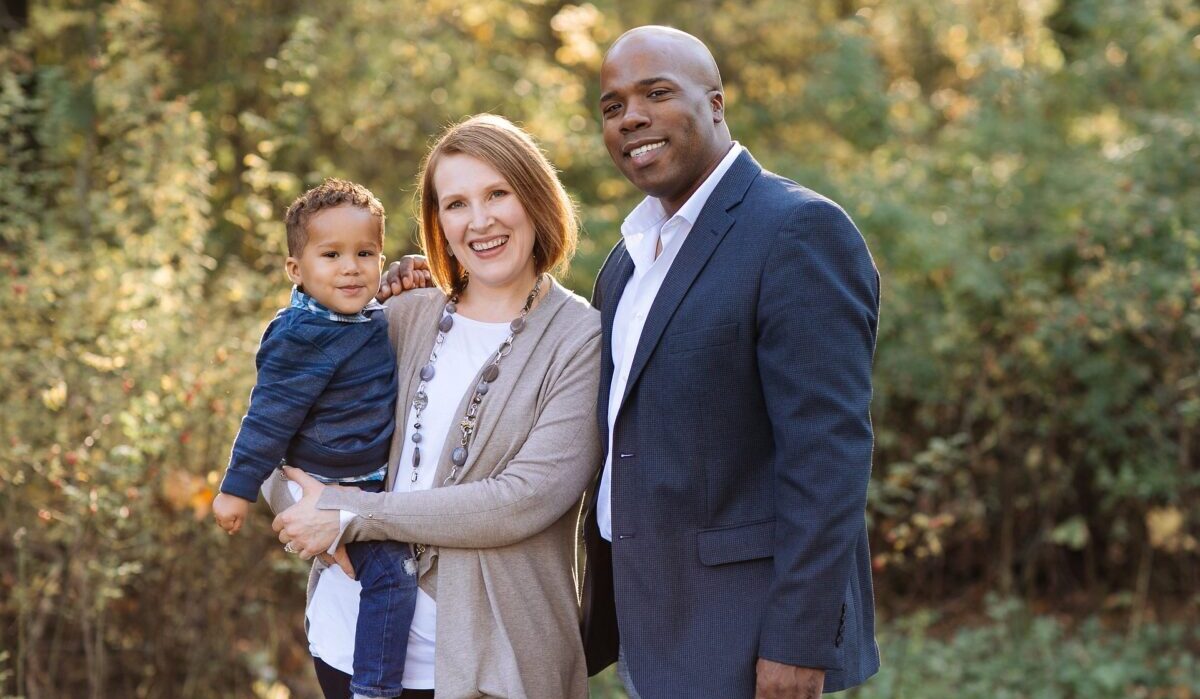
Read More
The purpose of anger management is to help a person decrease the heightened emotional and physiological arousal often associated with anger. It is generally impossible to avoid all the people, things, and settings that incite anger, but a person may learn how to control reactions and respond in a socially appropriate manner. The support of a mental health professional may be helpful in this process.
*descriptions adapted from goodtherapy.org

Read More
Their anxiety persists, and can even get worse over time. Anxiety disorders can severely impair a person’s ability to function at work, school and in social situations. Anxiety can also interfere with a person’s relationships with family members and friends. Fortunately, though, there are effective treatments for anxiety. In some cases, medications have a role in treating anxiety disorders. Yet research shows behavioral treatment, alone or in combination with medication, is a highly effective treatment for most people with an anxiety disorder.
*descriptions adapted from goodtherapy.org

Read More
nation’s children live with a biological parent and the parent’s partner (when the partner is not the other biological parent), who might be called a stepparent or a “bonus” parent.
The joining of two parents and their respective children can create challenges, as children may be accustomed to different parenting styles and family routines. As they adapt to the new family structure, children are likely to experience stress due to visitations or conflict between their biological parents, between one parent and the other parent’s new partner, or with their stepsiblings. Before blending a family, all members may find it beneficial to speak to a therapist about the transition.
*descriptions adapted from goodtherapy.org

Read More
When children experience emotions or engage in behaviors that interfere with their happiness and ability to thrive, they may benefit from meeting with a mental health professional such as a therapist or counselor. Parents and children often attend therapy sessions together, as therapy can be a safe space in which to address the thoughts, feelings, and emotions experienced by all members.
*descriptions adapted from goodtherapy.org

Read More
by actively communicating information about their conflicting motives or ideologies to the rest of the group (e.g., intentions; reasons for holding certain beliefs), and by engaging in collective negotiation.
Individual counseling is a one-on-one discussion between the counselor and the client. The two form an alliance, relationship or bond that enables trust and personal growth. Individual counseling can assist in coping with stressful life situations, work/school problems, grief, and emotional distress or relationship difficulties. Group counseling is counseling with multiple individuals facing a similar concern. The strength in group counseling is that if you have 3, 5 or 10 people together all facing the same or similar issues, then they can work together. The individuals in the group act as a source of insight and support while reinforcing the idea that each individual is not the only one experiencing these problems.
*descriptions adapted from goodtherapy.org

Read More
Therapy may be helpful for partners considering separation or seeking improved intimacy and understanding. While the relationship itself is the focus in marital counseling, each partner is expected to pay attention to self-improvement and self-awareness.
*descriptions adapted from goodtherapy.org

Read More
It can also be used in cases where one partner wants to end the relationship while the other hopes to preserve it. This type of therapy aims to help partners consider all options before they make the decision to work on or terminate a relationship.
Couples who are considering breaking up or getting a divorce but do not know if ending the relationship is the right decision for them may find it helpful to consider their options, and the potential outcome of these options, with a therapist who practices discernment counseling.
*descriptions adapted from goodtherapy.org

Read More
Both encompass a range of feelings from deep sadness to anger, and the process of adapting to a significant loss can vary dramatically from one person to another, depending on his or her background, beliefs, relationship to what was lost, and other factors.
*descriptions adapted from goodtherapy.org

Read More
For some people, this realization sparks a crisis, and they may begin to feel hopeless, frustrated, or anxious, which may strain relationships with friends, family, and partners. Although popular stereotypes suggest that men are usually the ones who have midlife crises, midlife transitions can affect anyone. Therapy can help a person both learn to accept the aging process and possibly even embrace the gifts of maturity—wisdom, peace, and a sense of accomplishment, among others—and may help alleviate the desire to capture what is gone.
*descriptions adapted from goodtherapy.org

Read More
Typically, the goal of premarital counseling is to identify and address any potential areas of conflict in a relationship early on, before those issues become serious concerns, and teach partners effective strategies for discussing and resolving conflict.
Partners seeking counseling before marriage may also find that premarital counseling can help them better understand their expectations about marriage and address any significant differences in a safe and neutral environment.
*descriptions adapted from goodtherapy.org

Read More
As long as each partner is willing to address the issue at hand and participate in developing a solution, most relationship problems are manageable, but when challenges are left unaddressed, tension mounts, poor habits develop, and the health and longevity of the relationship are in jeopardy.
*descriptions adapted from goodtherapy.org

Read More
Even the partner who chooses to leave may experience a wide range of emotions and intense feelings that may be painful or difficult, such as grief, guilt, anger, confusion, fear, shame, and anxiety. If children are involved, the stress level within a divorcing family is likely to be even higher.
People sometimes seek therapy to help them decide whether to stay in a marriage or leave. Others may seek help in counseling to make the transition from being married to being single again. Both these goals can be addressed in individual or couples therapy.
*descriptions adapted from goodtherapy.org
